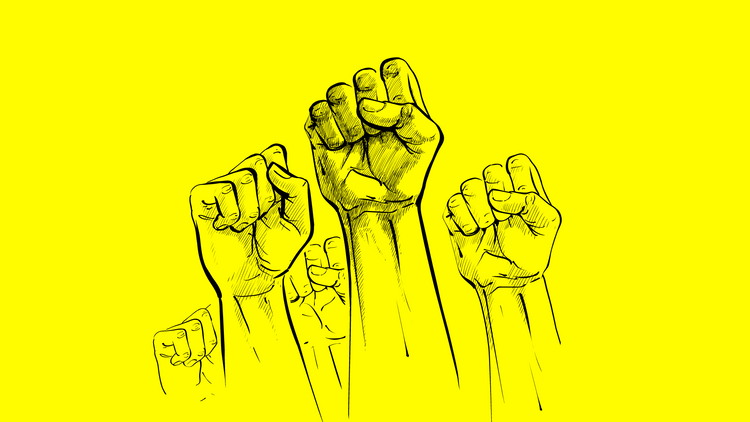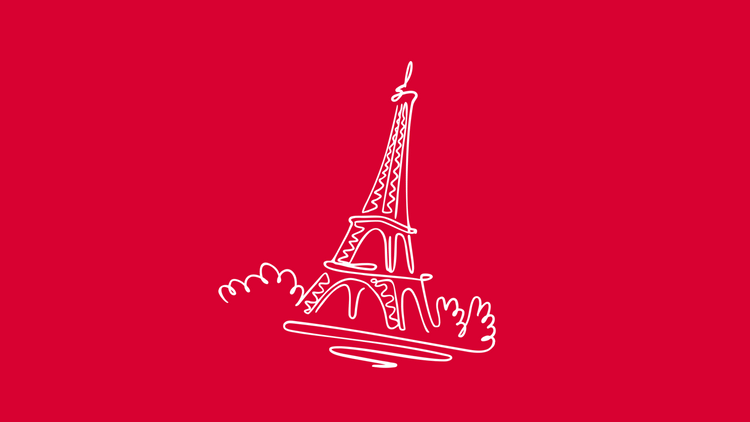The Wisdom of Marshall's Plan
On June 5th, 1947 – two years after Hitler killed himself rather than meet advancing Soviet troops – Secretary of State George C. Marshall outlined a plan to revitalize a worn-torn Europe.
I need not tell you gentlemen that the world situation is very serious. That must be apparent to all intelligent people. I think one difficulty is that the problem is one of such enormous complexity that the very mass of facts presented to the public by press and radio make it exceedingly difficult for the man in the street to reach a clear appraisement of the situation. Furthermore, the people of this country are distant from the troubled areas of the earth and it is hard for them to comprehend the plight and consequent reactions of the long-suffering peoples, and the effect of those reactions on their governments in connection with our efforts to promote peace in the world. In considering the requirements for the rehabilitation of Europe the physical loss of life, the visible destruction of cities, factories, mines and railroads was correctly estimated, but it has become obvious during recent months that this visible destruction was probably less serious than the dislocation of the entire fabric of European economy ... Under the arbitrary and destructive Nazi rule, virtually every possible enterprise was geared into the German war machine. Long-standing commercial ties, private institutions, banks, insurance companies and shipping companies disappeared, through loss of capital, absorption through nationalization or by simple destruction. In many countries, confidence in the local currency has been severely shaken. The breakdown of the business structure of Europe during the war was complete. Recovery has been seriously retarded by the fact that two years after the close of hostilities a peace settlement with Germany and Austria has not been agreed upon. But even given a more prompt solution of these difficult problems, the rehabilitation of the economic structure of Europe quite evidently will require a much longer time and greater effort than had been foreseen.
Marshall
Although himself a military man, Marshall's plan focused on rebuilding Europe's economic infrastructure. Revitalized national economies and productive people, Marshall correctly believed, would underpin political stability and peace. From the ashes of war and misery, American dollars would seed the rise of friends and vanquished foes alike. It worked.
From 1950 to 1973 real GDP per capita in the United States rose by 2.45 percent a year—a strong performance. But France grew much faster over this period, increasing its level of GDP per capita from 54 percent of the US level to 77 percent. The corresponding figures for West Germany are 49 percent to 87 percent, and 40 percent to 70 percent for Italy.
What I find most interesting about Marshall's speech, though, is not how he closes. It is how he opens.
Standing before an audience at Harvard, Marshall begins by attempting to explain an enormously complex topic – social, political, military, and economic – to his countrymen far from Cambridge, Massachusetts.
Even after sending millions of their sons and daughters to defeat Nazi Germany and Imperial Japan, Americans had a difficult time making sense of matters far from their shores. Marshall knew that before they could commit to a better future over there, they had to understand what was at stake right here.
They needed clarity.
Today's platforms may be slightly more advanced than radio, but real, persistent clarity remains elusive.
The critical difference between then and now is that the average person once relied on trusted public leaders, like Marshall, for guidance. Now, from spiraling pandemics to ECO-101, we are asked to trust cranky old conspiracy-theorists.
Perhaps we get the leaders we deserve or, just maybe, we will heed Marshall's advice that, for a beleaguered people, "remedy lies in breaking the vicious circle and restoring the confidence."
In 1947, those people were European. Now they are us.





